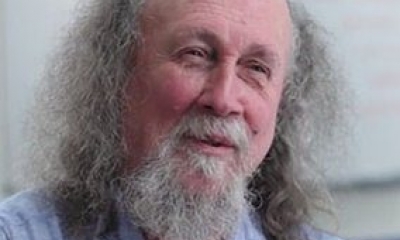University of Oxford
11a Mansfield Rd
OX1 3SZ
UK
In this talk, I will argue that quantitative models should, above all, be a tool to promote scientific understanding – the role they normally play in other, less politicized areas of science. I will first give a few examples of the spectacularly poor performance of today’s “frankenmodels” against some sets of observations. I will then show how new theory, founded on the general principles of competition and natural selection, leads to relatively simple and tractable mathematical representations of key processes that our new “data-rich” world permits us to test. I will demonstrate the success of this approach in predicting community-level values of some of the key quantites required in lage-scale ecosystem models, including photosynthetic capacity, air-to-leaf CO2 drawdown, leaf nitrogen content, gross and net primary production, leaf mass per area, and green vegetation cover. In some respects, these findings are consistent with a long-standing strand of ecological thought concerning the efficient use of multiple, scarce resources by plants. In other respects, however, they are proving controversial – because they require the replacement of certain pervasive (but incorrect) ecological “laws” with others.
Iain Colin Prentice FRS is Chair of Biosphere and Climate Impacts and Director, Leverhulme Centre for Wildfires, Environment and Society, Imperial College London

